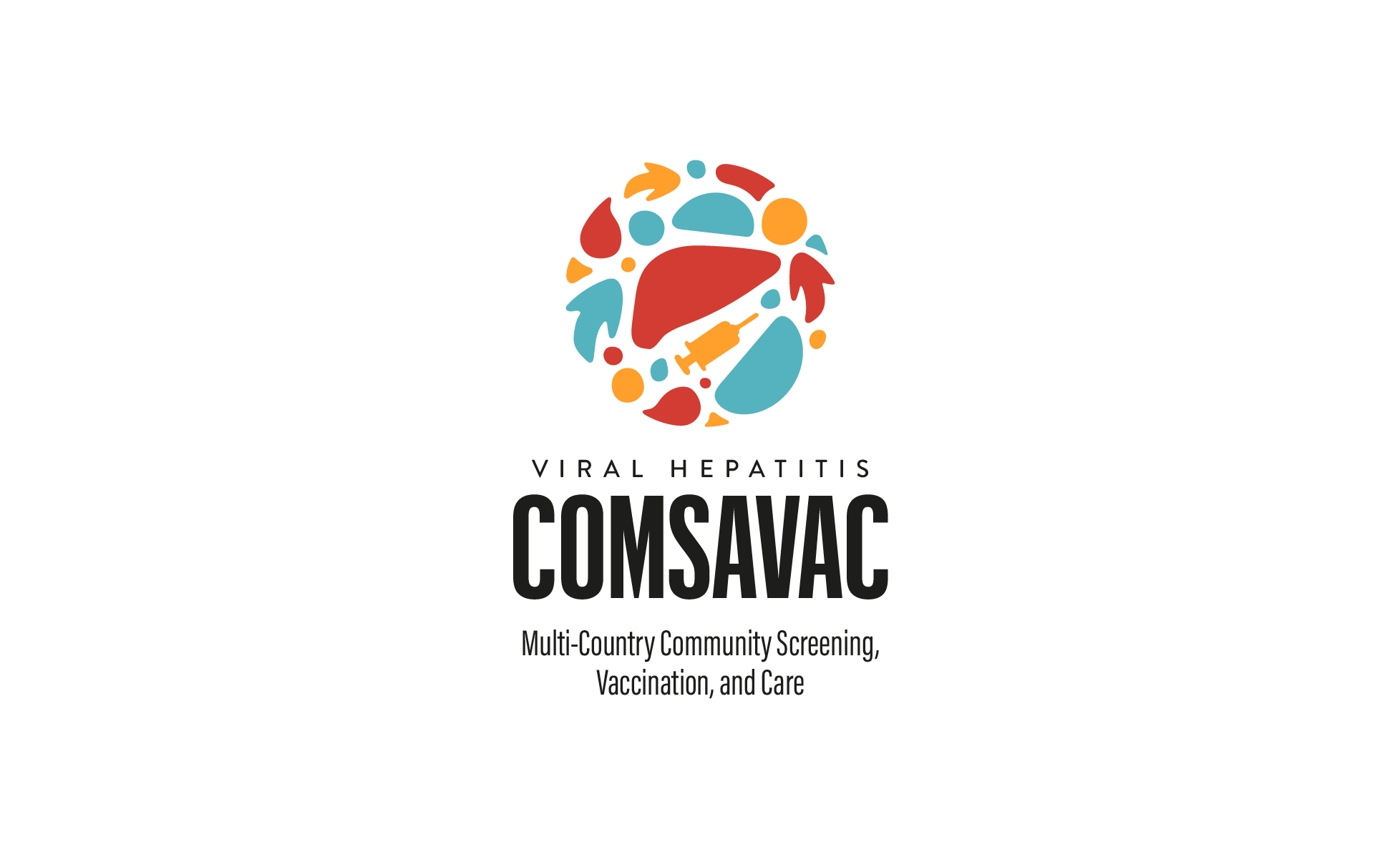VH-COMSAVAC - Multi-country Viral Hepatitis COMmunity Screening, Vaccination, and Care
In 2016, the WHO published a global strategy for eliminating viral hepatitis as a major public health threat by 2030. It set the following targets:
- a 90% reduction in viral hepatitis cases;
- a 65% reduction in hepatitis-related deaths;
- diagnosis of 90% of people who have hepatitis B or C and are unaware of their status;
- 80% of people who are unaware of their status and have hepatitis B or C to be on treatment by 2030.
Europe’s Beating Cancer Plan was published in 2021. Among its objectives for reducing cancer-related morbidity and mortality is prevention of cancers caused by hepatitis B and C.
Hepatitis B and C prevalence among migrant populations in Europe is higher than in host populations. Late diagnosis and treatment can result in severe clinical outcomes in an estimated 15-40% of people with hepatitis B and up to 60% of people with hepatitis C.
Implemented in Greece, Italy and Spain, VH-COMSAVAC aims to identify those at risk and provide them with viral hepatitis treatment and care or hepatitis B vaccination.
It will use:
- community-based testing services;
- simplified diagnostic tools;
- expedited person-centred referral processes.
VH-COMSAVAC aims to scale up testing and vaccination among migrant and refugee populations with high viral hepatitis incidence. This will help to reach EU and World Health Organisation (WHO) goals for reduction of occurrence of hepatitis B and C and related cancers.
- Project duration
- 1 Nov 2022 - 30 Apr 2025
- Project locations
- GreeceItalySpain
- Overall budget
- €1 000 000
- EU contribution
- €600 00060% of the overall budget
- Project website
- VH-COMSAVAC
- EU4health - Projects
- Prevention
Results
The main outcomes of VH-COMSAVAC will be:
- an increase in people’s awareness of their hepatitis B and C status;
- an increase in linkage to care (treatment initiation for hepatitis C, first visits for monitoring and/or treatment initiation for hepatitis B);
- an increase in the number of people vaccinated against hepatitis B;
- ability to report on hepatitis B and C care within the target population;
- shorter waiting times for specialist care;
- reduced liver cancer-associated mortality in Greece, Italy and Spain;
- better understanding of the potential savings resulting from early detection of viral hepatitis in community settings;
- sharing of findings across Europe to contribute to similar actions;
- improved community-based models of diagnosis and care.
Funding
Stakeholders
Coordinators
Barcelona Institute for Global Health (ISGlobal)
- Address
- Carrer Rosselló 132, 7è, 08036, Spain
- Website
- https://www.isglobal.org/
Contact
Jeffrey Lazarus
- Name
- Jeffrey Lazarus
- Organisation
- Barcelona Institute for Global Health (ISGlobal)
- Website
- https://www.isglobal.org/

- Social media
